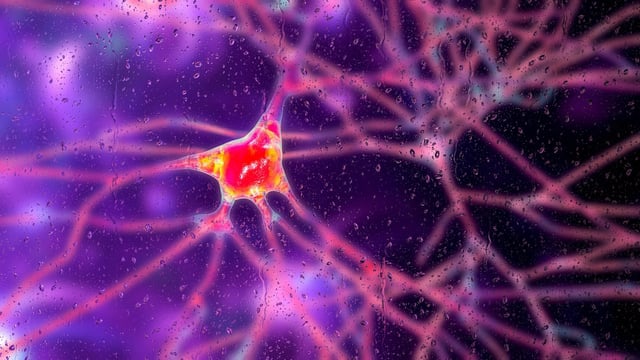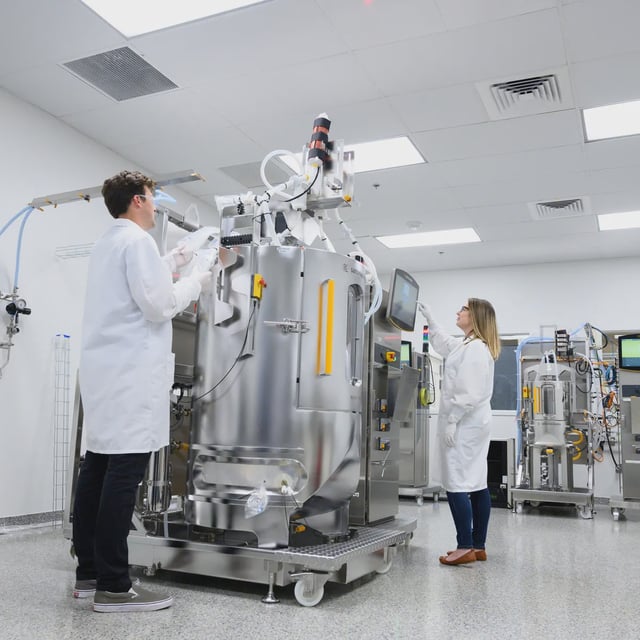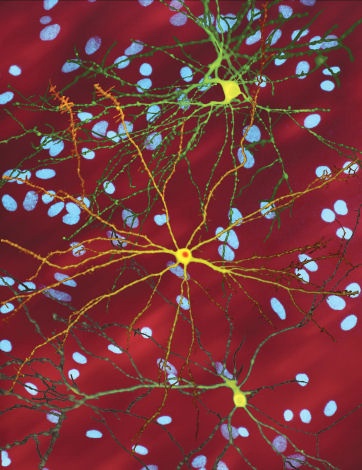Overview
- Topline Phase 1/2 data from 29 patients in the UK and US show the high-dose AMT-130 group had about a 75% slowing of progression at 36 months on a composite clinical scale.
- AMT-130 is a one-time intracerebral infusion into the striatum (caudate and putamen) using a modified viral vector to drive microRNA that silences mutant huntingtin.
- Cerebrospinal fluid neurofilament light, a marker of neurodegeneration, fell on average by about 8% rather than rising 20–30% as expected, suggesting reduced neuronal injury.
- The therapy was generally tolerated, with most adverse events tied to the lengthy neurosurgical procedure and some inflammatory reactions that resolved or responded to steroids.
- Investigators and advocates urge caution because the dataset is small and not yet peer-reviewed, comparisons relied partly on natural-history controls, and access may be limited by complex surgery and likely high cost as uniQure pursues accelerated approval in 2026.



